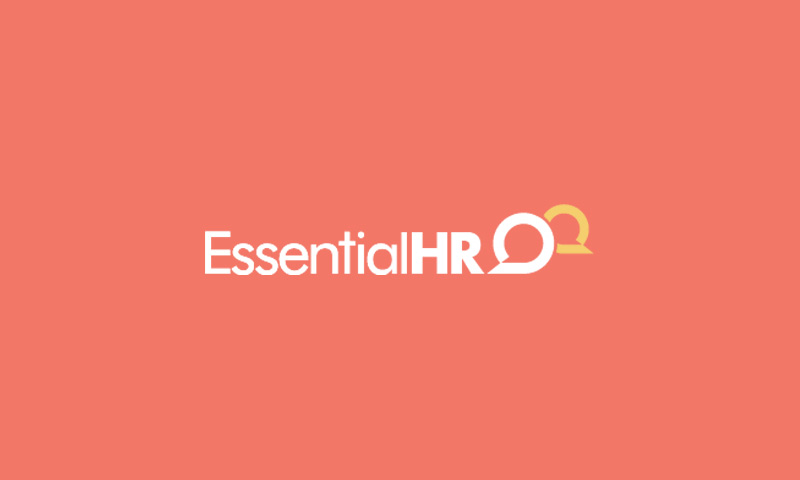Disagreements happen all the time between employees, and many times they get resolved quickly so everyone can move on. But what do you do when the conflict lingers—and what if the two people clashing are a supervisor and a manager, both of whom report to you? These situations can become a serious drain on morale, trust, and productivity across the team.
In these moments, the most effective thing you can do is understand where each person is coming from—and then help them better understand one another. This is often where tools like DiSC personality assessments can shed light. Understanding whether someone naturally gravitates toward directness, diplomacy, big-picture thinking, or rule-following can be game-changing in uncovering the “why” behind the tension.
Step One: Get Curious, Not Combative
Start by sitting down with each individual separately. Aim to uncover the root of the issue without judgment. Is it a difference in communication style? Did someone unknowingly cross a line or fail to meet an expectation? Let the person feel heard and supported. This is not the time for blame—it’s about understanding. If one party was clearly in the wrong, address it gently but clearly.
If your team has previously completed DiSC training, you can even reference their profiles to help them reflect on how their style might influence how they perceive (or are perceived by) others.
Keys to a Successful Conflict Management Meeting with Managers
If you're preparing to bring both individuals together, here are some ways to lay the groundwork for a productive discussion:
-
Set the stage with ground rules. Be clear that respect is non-negotiable, and the goal is a productive working relationship—not a forced friendship.
-
Use structure to your advantage. Stick to a focused agenda and redirect the conversation if it veers off course.
-
Highlight communication responsibility. Remind everyone that the onus is on the speaker to ensure their message is clear, respectful, and appropriate. If something hurtful is said, step in immediately and address it with context and compassion.
-
Encourage empathy. Help each person see the situation from the other's point of view. Here again, DiSC insights can play a powerful role. You might say, “You tend to prefer quick, results-driven communication, whereas she places high value on accuracy and thoroughness. Let’s talk about how those two perspectives can complement rather than clash.”
You’ll likely need more than one conversation to move forward, and that’s okay. Even small steps—like having each person commit to one minor behavioural change—can begin to shift the dynamic. Remember, they don’t have to be friends. They need to work respectfully and effectively.
When Self-Awareness is Lacking
Sometimes the breakdown stems from a lack of self-awareness. If one party is unwilling or unable to reflect on their own impact, you’ll need to address that directly. Explain how their actions are affecting the team and be specific about what needs to change. If they’re receptive, you can move forward. If not, you may need to explore whether they’re still a good fit for the role.
Facilitated tools like DiSC are especially helpful here. They take what might feel like personal criticism and reframe it as professional insight—something to work with, not defend against.
Moving Forward Together
Supervisors and managers play a critical role in shaping team culture and supporting organizational goals. If they're at odds, it affects everyone. Taking time to mediate these situations with intention can not only repair trust—it can also lay the foundation for stronger collaboration down the road.
At Essential HR, we offer DiSC-based team training and facilitation to strengthen communication, improve working relationships, and prevent issues from escalating in the first place. If you'd like to talk through what that might look like for your team, we're happy to help.






